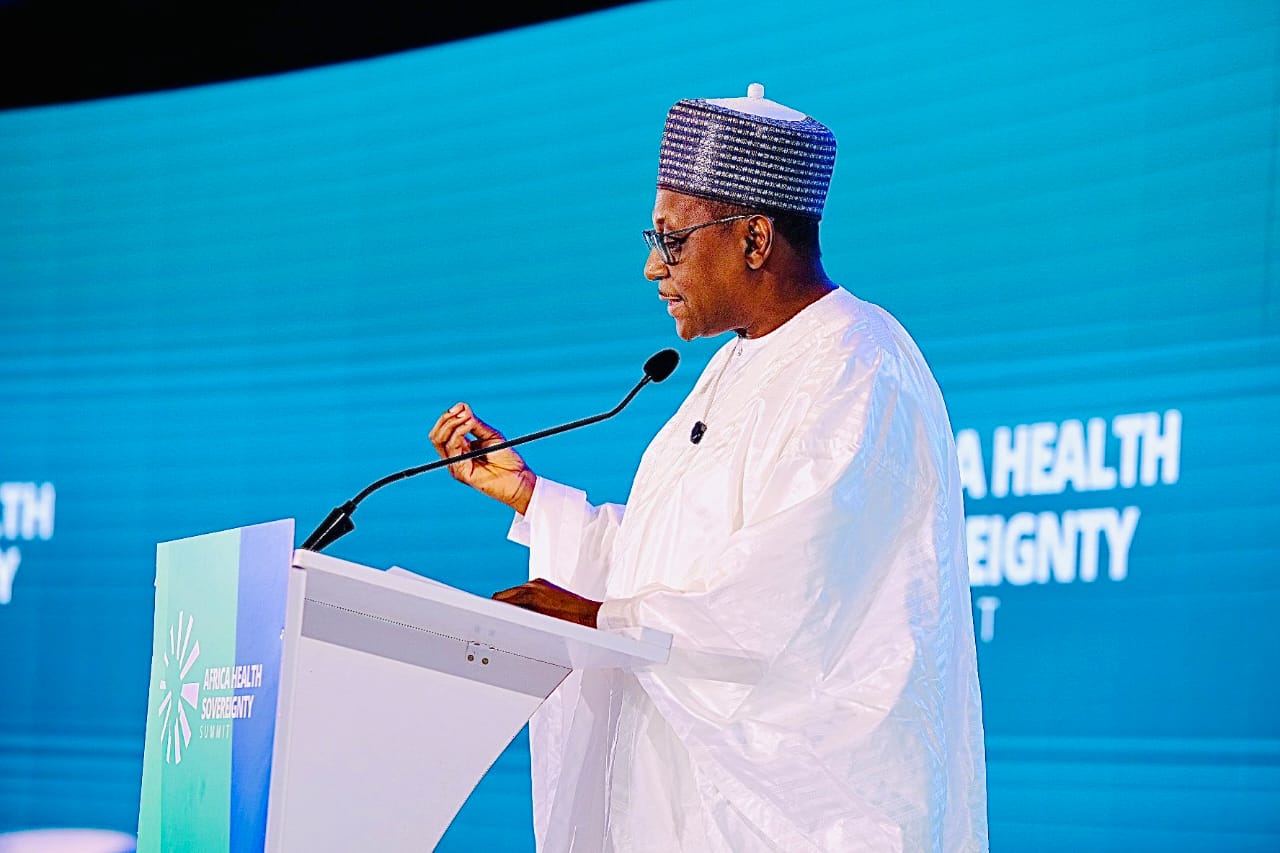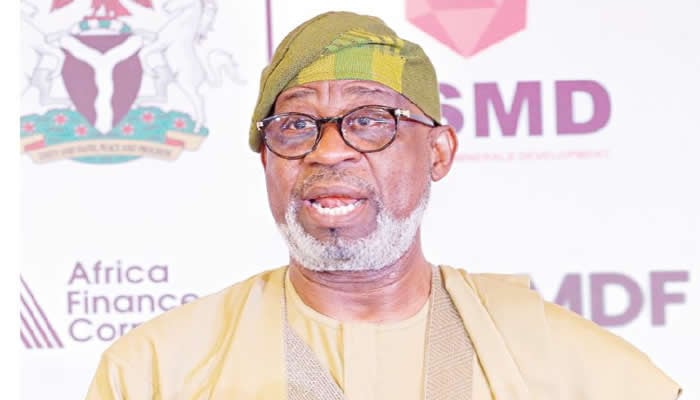The Federal Government has announced the doubling of the National Health Insurance capitation fee from ₦750 to ₦1,450 per person as part of reforms aimed at expanding access to affordable healthcare and achieving coverage for 44 million Nigerians by 2030.
Coordinating Minister of Health and Social Welfare, Muhammad Pate, disclosed this in a post on X (formerly Twitter) on Saturday, noting that the development reflects President Bola Tinubu’s Renewed Hope Agenda and the country’s steady progress toward universal health coverage.
According to the minister, Nigeria recorded a historic 2.4 million new health insurance enrollees in 2024, bringing the total number of insured Nigerians to about 20 million.
“In 2024, Nigeria broke its enrollment record with more than 2.4m new people insured, bringing total coverage to about 20m Nigerians. With new policy tools in motion, we are on course to reach 44m by 2030,” Pate stated.
He explained that the increase in the capitation fee will enable health providers to deliver higher-quality and consistent care, while the fee-for-service rates have also been increased by 380 per cent based on actuarial evidence that aligns costs with service quality.
“A major constraint in care quality has been the low capitation fee for enrollees. For years, the capitation stood at ₦750 per person.
“We have doubled it to ₦1,450 to ensure providers are properly equipped to deliver consistent, high-quality care,” the minister said.
Highlighting efforts to strengthen Nigeria’s health system, Pate revealed that nearly 120,000 health workers have been trained since 2023, while 2,500 doctors, nurses, midwives and community health extension workers have been recruited to boost frontline services.
In addition, 4,000 new health personnel have been deployed to federal tertiary hospitals to close workforce gaps.
He also announced the introduction of a One Hour Referral Authorisation Code, designed to speed up patient movement between primary and specialist facilities and eliminate unnecessary delays in care.
“By shortening this process to one hour, we are ensuring that patients move quickly from primary to specialist care,” he said, adding that the National Health Insurance Authority had been directed to commence covert monitoring of health facilities to prevent denial of treatment to enrollees.
Pate noted that reforms in the Basic Health Care Provision Fund and the NHIA are already yielding measurable results, as hospital visits rose from fewer than 10 million in 2023 to over 46 million by mid-2025.
He added that the achievements so far reflect President Tinubu’s vision of a people-centred health system that delivers affordable, quality care to all Nigerians regardless of income or status.
“We will continue to modernise infrastructure, strengthen the workforce, and sustain reforms until every Nigerian is covered and cared for,” Pate affirmed.































